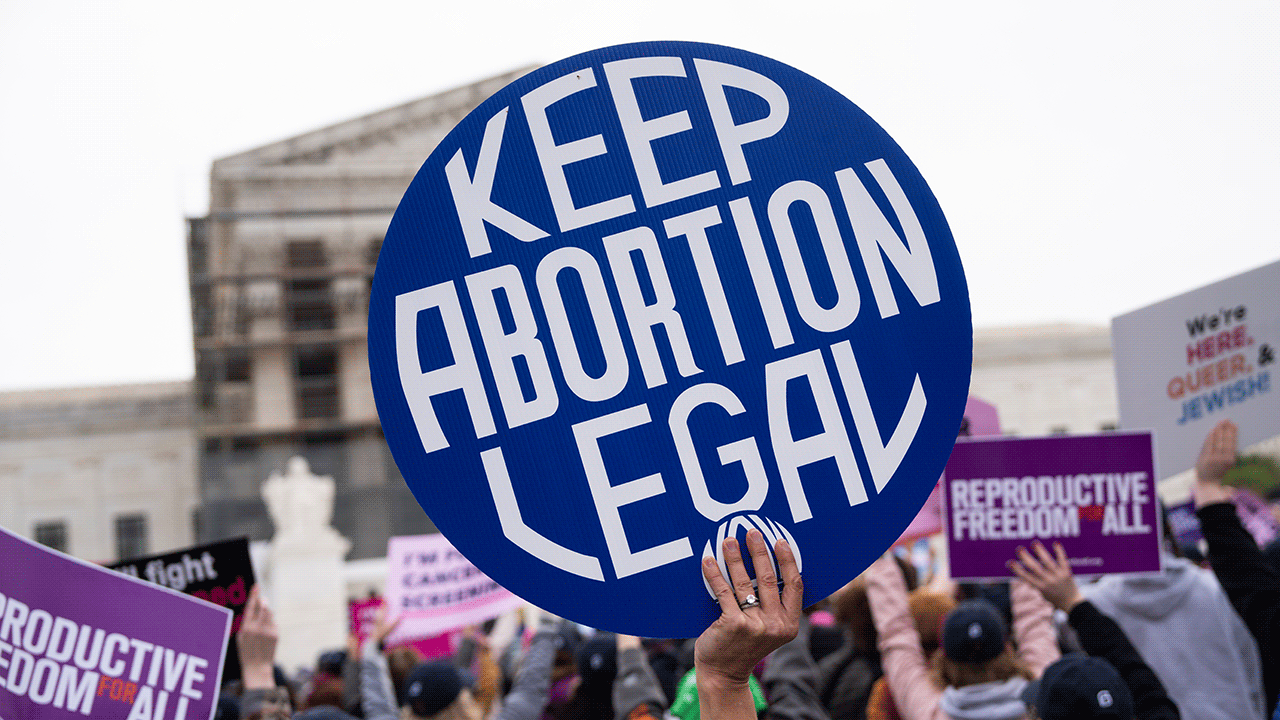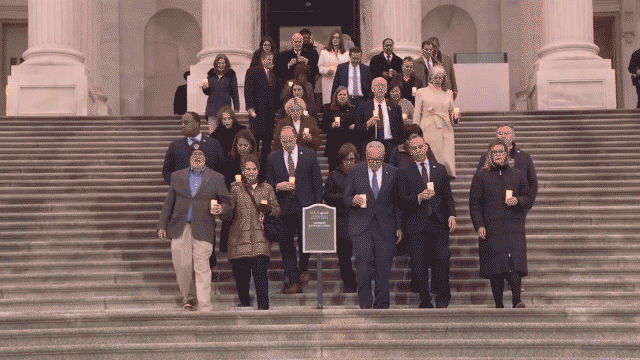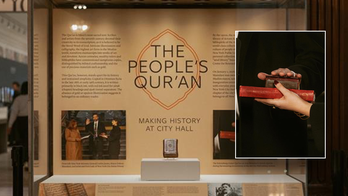President Obama says his first trip to Sub-Saharan Africa won't include a stop in his father's Kenyan homeland because of his view that the violence-plagued country still has a long way to go in becoming a free and open democracy.
Obama will make a stop in Ghana next week at the end of a trip to Russia and Italy. In an interview with allafrica.com, he said Kenya's leaders "do not seem to be moving into a permanent reconciliation that would allow the country to move forward."
Earlier this year, a U.N. investigator found what he called a "systematic, widespread and carefully planned strategy" of executions by Kenyan police in the wake of the country's most recent election. Shortly after the report was released, two men who had provided evidence were shot and killed in an attack near the home of President Mwai Kibaki. More than 1,200 people have died in attacks following the December, 2007, election.
President Obama says he chose to visit Ghana because the country "has now undergone a couple of successful elections in which power was transferred peacefully" -- even, he noted, in the most recent "very close" election. He says he intends to highlight the idea that "countries that are governed well, that are stable, where leadership recognizes that they are accountable to the people, have a track record of producing results for the people."
Obama went on to say "there is a practical, pragmatic consequence to political instability and corruption when it comes to whether people can feed their families and educate their children."
The United States' first African-American president has only invited two African leaders to the White House so far: Tanzanian President Jakaya Kikwete and Zimbabwe's opposition leader Morgan Tsvangirai. Experts disagree about whether Obama should be engaging more leaders.
Dr. Jendayi Frazer, former assistant secretary of state for African affairs in the George W. Bush administration, it's a "mistake to only engage with the good leaders" in Africa. Frazer says six months into the Bush administration, Bush had had half a dozen African leaders at the White House. She says President Obama's decision to visit Russia despite its flaws and to consider talks with Iran suggest he may meet with a broad range of African leaders.
Other experts say President Obama is right to follow former President Bush's success in making sure U.S. aid to Africa isn't siphoned off by corrupt officials, with a focus on democratic reforms.
Jennifer Cooke of the Center for Strategic and International Studies says Obama is "putting the governance issue front and center." Cooke says the president's speech in Ghana will be his first chance to lay out his approach to U.S. relations with the continent, and particularly the crises in Sudan and Zimbabwe.
Prior to visiting Ghana, President Obama will attend the G8 summit in Italy, where half a dozen African leaders will consult with leaders of some of the world's richest nations about how to help African countries do a better job of feeding themselves. Obama says one point he wants to stress is that Africa is directly connected to U.S. economic and foreign policy and not an afterthought.
His African roots give President Obama a lot of goodwill among the people of the continent. In some African countries, vendors shout "Obama" when they want to get the attention of American tourists. But experts say Bush will be a tough act for Obama to follow. Bush quietly tripled U.S. aid to Africa. His program for AIDS relief increased the number of African people receiving anti-retrovirals from 50,000 to 1.5 million. A Bush administration program that provided free bed nets cut malaria rates in half in 15 African countries. The disease had been killing a million children under five each year.
President Obama says he'd like his legacy in Africa to be putting the continent on a tragectory to be integrated into the global economy. He says he'd like the U.S. to be "an effective partner...in building the kinds of institutions, political, civil, economic, that allowed for improving standards of living and greater security for the people of Africa."
























